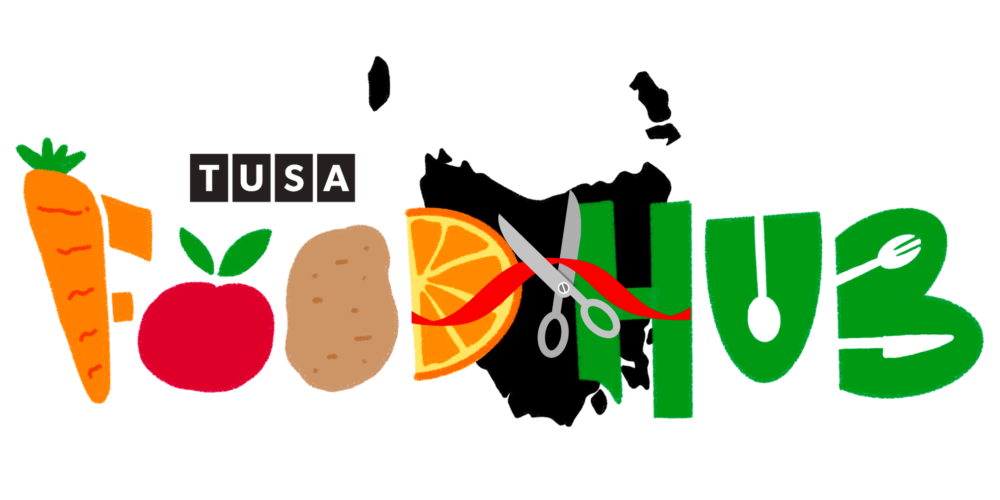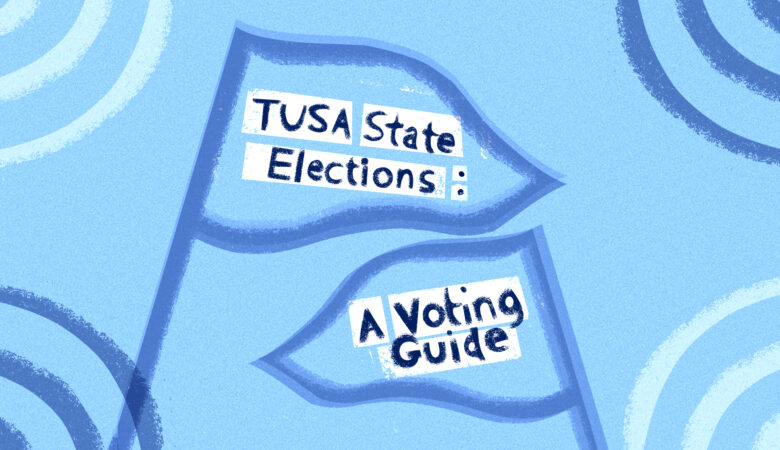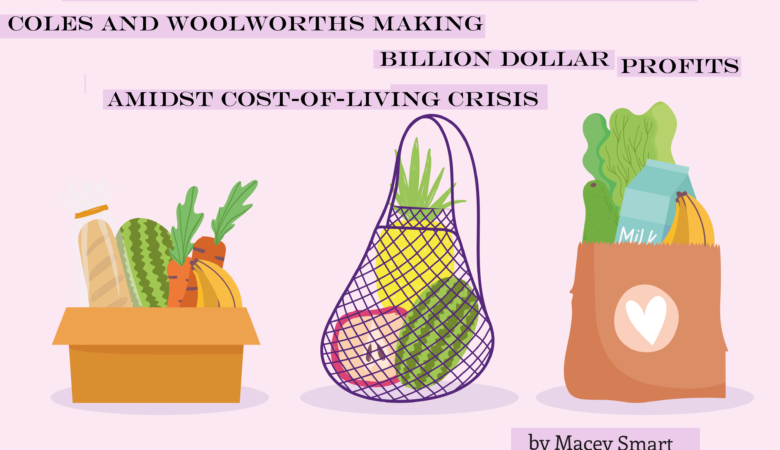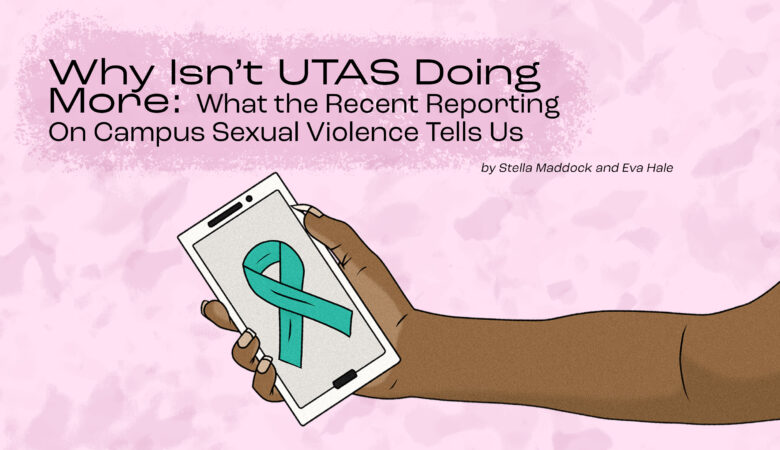The Tasmanian University Student Association (TUSA) is battling against food insecurity with the opening of a Food Hub on the Sandy Bay UTAS campus. This is part of their Food Resilience Program, which seeks to provide food to students who need it, as well as increase food education—both of which help to provide much-needed relief to students facing food insecurity.
Food insecurity is a widespread and growing issue amongst the student population. A 2022 study, surveying 1257 UTAS students, found that 42 per cent experience food insecurity, with 17 per cent experiencing severe food insecurity. This means nearly 1 in 2 students have limited access to nutritionally adequate foods. The risk of food insecurity increases for minority groups, such as international students and LGBTQI+ students, as well as students in their first year of study. Food insecurity has been proven to negatively impact students’ physical and mental health, as well as academic performance, often leading to postponement or withdrawal from university studies. These figures have risen since the previous study, undertaken in 2020; the COVID-19 pandemic and the current cost of living crisis have only worsened food insecurity, meaning the issue is more pressing than ever.
The Food Hub will open on July 17. Located in the TUSA building, in the formerly closed Refectory (The Ref), the Food Hub will provide free fresh produce and pantry staples to students. The first part of the Food Resilience Program, the Freshie Bags scheme, has been running since 2021, and delivers 250 kg of fresh produce to students each week. Free bags of produce are available to 50 students each week. To deliver this program, TUSA partners with local organisations such as Loaves & Fishes, a state-wide food service that redistributes 25,000 kg of food weekly, most of which would otherwise go to waste. Freshie Bags are currently only available in Sandy Bay, but TUSA is working to bring these to Newnham and West Park campuses in the future. While this program has been incredibly successful, TUSA is aware that it has only scratched the surface of student need. The opening of the Food Hub will continue to strengthen these community partnerships, and allow many more students to access food relief; TUSA plans to at least quadruple the number of students that they can provide relief to.
Shauna-Lee Ward, Operations Manager at TUSA, explains just how pervasive and debilitating food insecurity is, and how the Food Hub will provide much-needed assistance. She says that TUSA often sees “students who are choosing to have a roof over their head over food,” and even “scenarios where students are living in their cars.” Providing food relief for these students is crucial for their mental and physical health, allowing them to focus on their studies.
TUSA will also be running a food education program in the Food Hub. This will provide information to students about how to prepare and cook different foods—skills which young people are often not equipped with. TUSA plans to bring in nutrition and dietary experts to help students learn how to eat well and fulfil their nutritional needs on a budget. The food education program will also have a strong cultural aspect, running sessions about Tasmanian Aboriginal foods and how to prepare them, as well as inviting cultural clubs and societies to provide experiences and information about their cuisines. This program is an important aspect of the Food Hub; instead of only providing ingredients, the Food Hub will also educate students on how to use these ingredients to create delicious and nutritious meals.
Once these programs are up and running, the Food Hub will incorporate a social enterprise café, which will work with community partners to provide affordable meal options for students on campus. They plan to offer $7 meals—a cheaper alternative for those who need to buy their lunch. The café will also offer important learning opportunities for students, providing volunteer experience in a café setting.
Community will be a main focus of the new space. It will not just host the Food Hub, but will also be home to a retro gaming area, with games such as ping pong and 8-ball, as well as a large space for both studying and socialising. This was an important consideration in the planning of the Food Hub. Ward explains, “some food hubs have very limited opening hours, and because of that you see long lines of students outside desperate to access the food. We’re really trying to create a space that strips away any of that, and provides a really dignified area where people can discreetly, but in a really warm and welcoming way, come and access the Food Hub.”
What makes this program so special, Ward says, “is that it’s a really holistic program. It’s not just food relief, it’s not just a student lounge, it’s not just food education and it’s not just a café—it’s all of those four things wrapped together, with love and support from TUSA and all of our supporters.”
The Food Hub will open at 12pm on 17 July, in the TUSA building. For more information, and to keep up to date with the Food Hub and other relevant events, you can like TUSA on Facebook, or sign up to their newsletter on their website: www.tusa.org.au
References
Farahbakhsh, Jasmine, et al. “Food insecure student clients of a university-based food bank have compromised health, dietary intake and academic quality.” Nutrition & Dietetics, vol. 74, 2017, pp. 67-73.
“Food insecurity in Australia: What is it, who experiences it and how can child and family services support families experiencing it?” Australian Institute of Family Studies, 2011, https://aifs.gov.au/resources/practice-guides/food-insecurity-australia-what-it-who-experiences-it-and-how-can-child.
Kent, Katherine et al. “Severity of Food Insecurity Among Australian University Students, Professional and Academic Staff.” Nutrients, vol. 14, no. 19, 23 Sep 2022.
“State Council Key Focus Areas.” TUSA, 2023, https://www.tusa.org.au/sc-focus-areas/#







